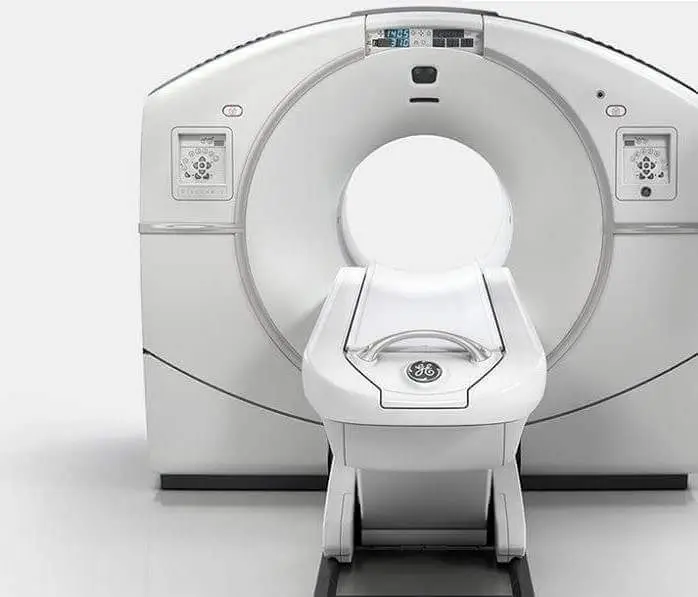


We have in-house Radiologist at MRI Chandigarh so, you will get same day report with accurate results.
We provide free pick and drop facility for our patients in tricity for MRI, CT Scan, PSMA PET Scan, DOTA PET Scan and PET Scan with cheapest price in Chandigarh.
We are equipped with World Class MRI Scan Facility at Reasonable pricing. With best in class skilled technicians.
Get the most comfortable MRI scan in Chandigarh with high quality 1.5T or 3T machines at best and affordable price.




MRI Chandigarh is your one-stop destination for advanced medical imaging and diagnostic services in Chandigarh. As one of the most trusted MRI centres in Chandigarh, we provide cutting-edge radio-imaging solutions, including both 1.5 Tesla and 3 Tesla MRI scans, at highly competitive prices—without compromising on quality.
We offer quick, accurate, and affordable MRI scans in Chandigarh with no hidden charges. Our experienced radiologists ensure timely results and, if needed, offer recommendations for further medical consultation based on your MRI report.
The cost of an MRI scan in Chandigarh varies depending on the type of scan and the diagnostic center. Prices typically start from ₹2,800 to ₹5,500. For example, 1.5 Tesla MRI scans may begin at ₹2,800, while 3 Tesla MRI scans are priced higher due to their advanced imaging capabilities. It's advisable to contact local MRI centers for precise pricing.
Preparation for an MRI scan generally involves minimal steps. For most MRI scans, you can maintain your regular diet. However, for abdominal scans, fasting for 3-4 hours prior to the procedure may be required. Wear loose-fitting, metal-free clothing, and inform your radiologist about any existing medical conditions, allergies, or implants.
Yes, MRI scans are generally considered safe as they do not use ionizing radiation. However, patients with certain implants like pacemakers should inform their doctor beforehand. It's crucial to remove all metal objects before the scan to prevent any risks associated with the MRI's strong magnetic field.
The duration of an MRI scan depends on the area being examined but typically ranges from 15 minutes to over an hour. For instance, a brain MRI may take about 30 to 60 minutes, while joint MRIs like knee or shoulder can take 15 to 45 minutes. Advanced 3 Tesla MRI machines can perform scans faster, enhancing patient comfort.
Chandigarh hosts several reputable MRI centres equipped with state-of-the-art technology and experienced radiologists. Centers like MRI Chandigarh are known for their advanced imaging services, including 3 Tesla MRI scans, and patient-centric care. It's recommended to research and choose a center that best fits your diagnostic needs.
While some diagnostic centers may allow self-referred MRI scans, it's advisable to consult with a healthcare professional to ensure the appropriateness of the scan and to provide the necessary clinical context for accurate interpretation.
Yes, certain MRI centres in Chandigarh offer complimentary pick-up and drop-off services within the Tricity area (Chandigarh, Mohali, Panchkula) to enhance patient convenience. It's best to inquire with the specific MRI center about the availability of such services. We provide free pick and drop in tricity for all scans including CT Scan & PET Scan too.
We are the leading diagnostic centre in Chandigarh providing comprehensive radio diagnostic services including MRI, CT Scan, PET Scan, Ultrasound, X-ray, Echocardiogram, ECG, and EEG at affordable rates with same-day reporting.
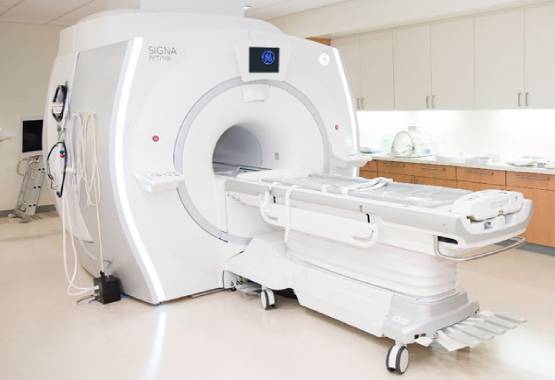
Experience the most comfortable and advanced MRI scans in Chandigarh with our high-field strength 1.5 Tesla and 3.0 Tesla machines. Our state-of-the-art MRI technology delivers exceptional quality diagnostic images for accurate results. Located in Sector 34, we provide the most reliable MRI services in Chandigarh Tricity at affordable rates.

Our Chandigarh diagnostic center provides world-class CT Scan facilities at the most competitive prices in the tricity region. Equipped with low-radiation dose CT scanners and operated by skilled technicians, we ensure the safest and most accurate CT scan services in Chandigarh, Mohali and Panchkula area.

Get the most affordable PET scan in Chandigarh at just Rs.16,000, the lowest price in the tricity region. Our all-inclusive package offers free pickup and drop, complimentary meals, and patient comfort amenities. Our Chandigarh PET scan center uses state-of-the-art technology for early cancer detection and treatment monitoring.

Our Chandigarh diagnostic center offers high-precision ultrasound services including 2D, 3D, and 4D scans. We use latest technology equipment at our partner diagnostic facilities across Chandigarh Sectors 34, 35, and 22. Our experienced radiologists provide accurate results for abdominal, pregnancy, thyroid, and other specialized ultrasound examinations.

Our network of partner X-ray centers in Chandigarh offers affordable digital X-ray services with instant results. Using advanced digital radiography technology, we provide high-quality bone and soft tissue imaging with minimal radiation exposure. Visit our X-ray diagnostic facilities in Sectors 34, 22, and 17 of Chandigarh for quick and reliable service.

Our diagnostic center in Chandigarh provides comprehensive cardiac and neurological testing including Echocardiography (Echo), Electrocardiogram (ECG), and Electroencephalogram (EEG). We offer the most affordable rates for these specialized tests in the Chandigarh region with reports prepared by experienced cardiologists and neurologists for accurate diagnosis.
As the leading diagnostic imaging center in Chandigarh, we provide comprehensive radiology services including MRI, CT Scan, PET-CT, Ultrasound, X-ray, Echocardiography, ECG, and EEG. Our state-of-the-art facilities are equipped with the latest diagnostic technology to deliver accurate results for patients across Chandigarh, Mohali, and Panchkula.
Visit our centers in Sector 34, Sector 22, or Sector 17 Chandigarh for the best diagnostic experience. Book your appointment today for high-quality, affordable diagnostic services in Chandigarh.
If you’re searching for an MRI in Chandigarh within 32.2 km, you’ve found the easiest and most trusted way to get the scan.

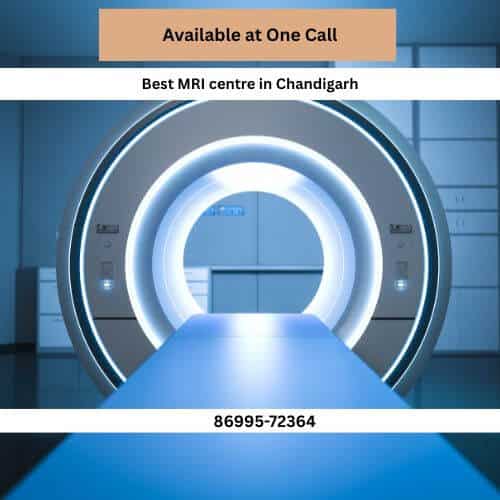



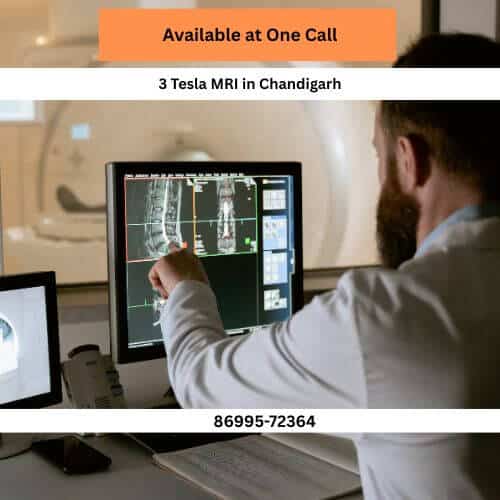
Our speciality at MRI Chandigarh is connecting patients like you with the best MRI facilities in the Tricity area, Chandigarh, Mohali, Panchkula, and even neighbouring towns like Zirakpur, Kharar, and Dera Bassi.
We can help you whether you require a whole-body, joint, brain, or spine MRI.
Our goal is straightforward: To make MRI scans available, reasonably priced, and hassle-free for everyone within 32.2 km of Chandigarh.
We are not an MRI facility.
A specialised healthcare platform, MRI Chandigarh links you to MRI centres in the Chandigarh area that are reputable and recognised by the NABH.
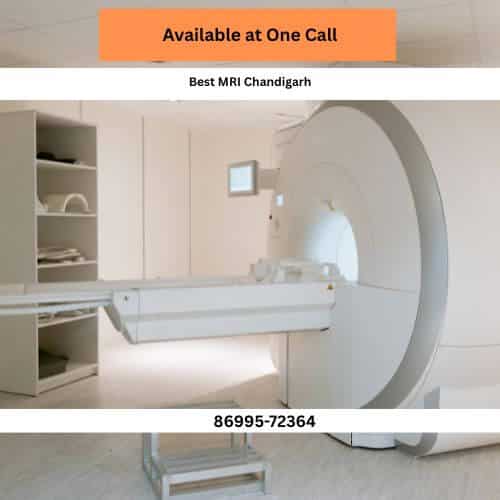


Consider us to be your personal guide through the intricate realm of medical imaging!
Serving All Areas Within 32.2 KM Of Chandigarh
We are pleased to assist patients within a 32.2 km radius around Chandigarh at MRI Chandigarh.
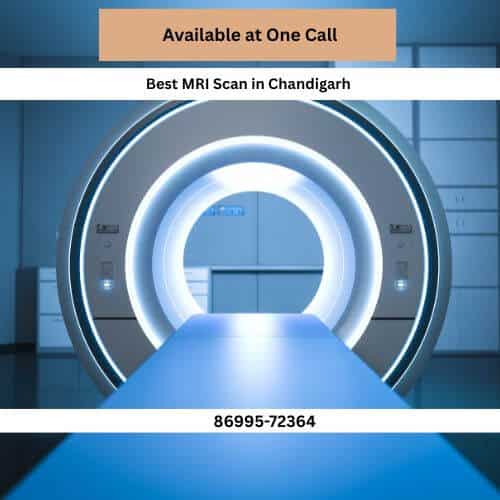

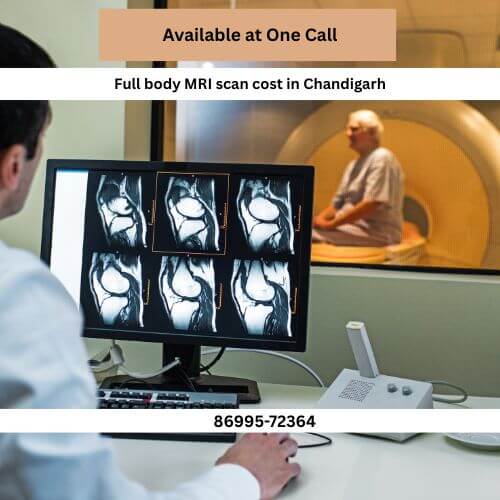
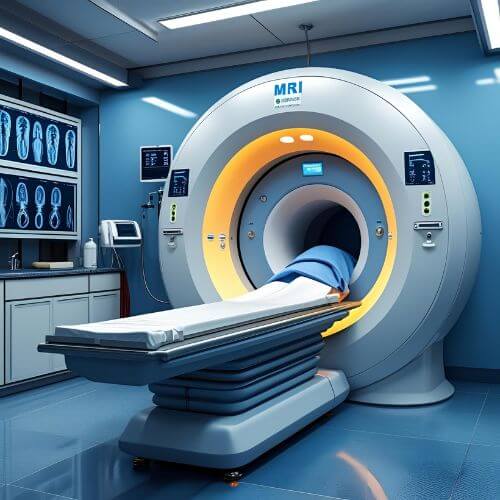


We’ve made sure that high-quality MRI services are always accessible, whether you’re in the city centre (Sector 17 or Sector 22) or one of the neighbouring areas (Mohali, Panchkula, Zirakpur, Kharar, or Dera Bassi).
Trusted partner centres in all major localities are part of our extensive network. We are associated with MRI centres in Sector 8, Sector 34, Sector 44, and other areas for patients in Chandigarh.
We provide services in Mohali, including Sector 70, Airport Road, and Phase 3B2.
We cover areas like Sector 5 and Sector 12A for Panchkula locals. Additionally, we provide our services to the quickly expanding communities of Dera Bassi along Chandigarh Road, Kharar (NH5, Sector 125), and Zirakpur (VIP Road, Dhakoli).


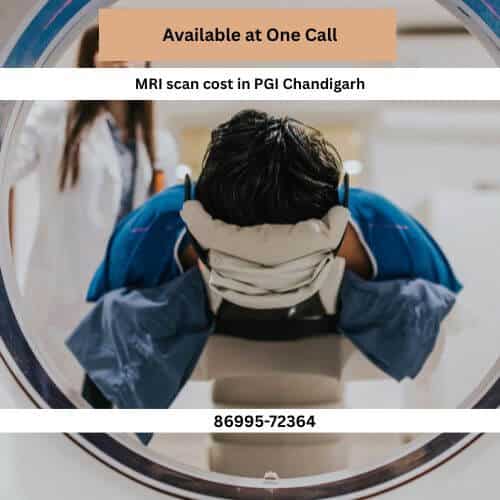

We want to save you time, money, and stress by connecting you with a reputable, nearby MRI facility, regardless of where you are in or near Chandigarh.
We take care of scheduling appointments, confirming documents, and even offering advice on how to prepare for tests, so you don’t have to.
Because of our collaborations, we frequently provide MRI scans at a reduced cost, up to 40% less than hospital rates.
Pick from several MRI facilities in your area based on availability, urgency, and cost.
Are you unsure which MRI you require? Our support staff can connect you with a certified radiologist for guidance.
![MRI Scan Price and Centres in Chandigarh [2024]](https://mrichandigarh.com/wp-content/uploads/2025/05/MRI-Scan-Price-and-Centres-in-Chandigarh-2024.jpg)


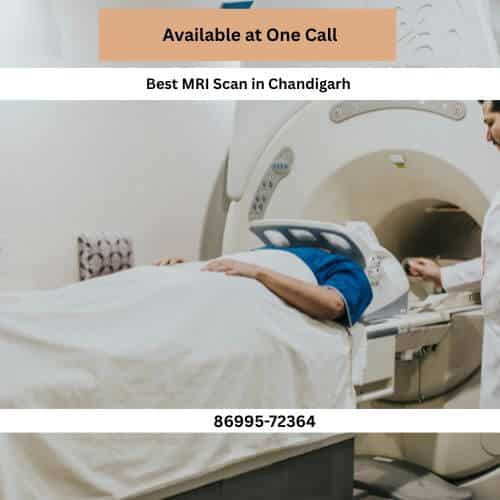

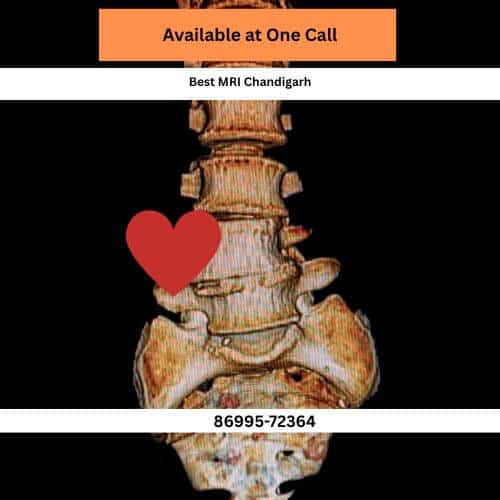
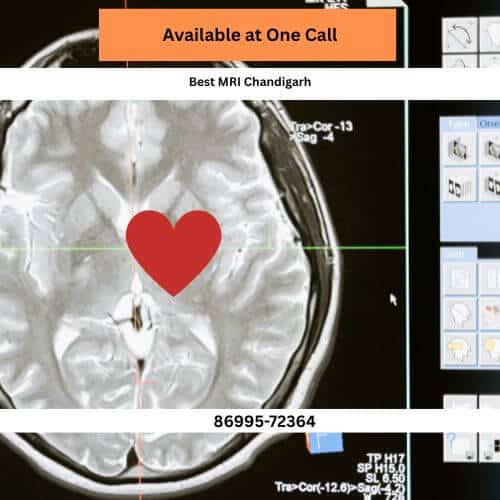
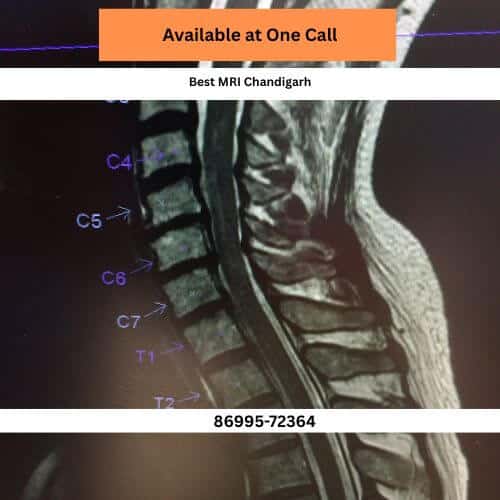
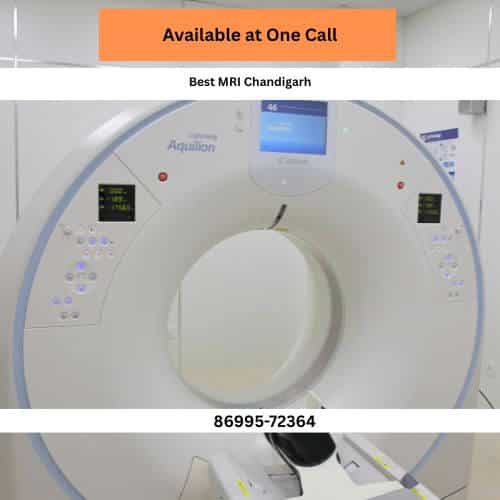

It only takes a few clicks to locate the best MRI facility in your area. Here’s how to reach us:
“I needed an urgent brain MRI, and MRI Chandigarh helped me find a centre within 2 km of my house. The service was fast and affordable!”
– Ritu Sharma, Panchkula
“Their support team helped me understand the difference between 1.5T and 3T MRI and booked me at the right centre. Highly recommended.”
– Amit Kapoor, Mohali
“I had to get a lumbar spine MRI and was not sure where to go. MRI Chandigarh helped me understand the process and booked me at a centre 10 minutes from my home. The team was very supportive.”
– Sukhdeep Singh, Kharar
“My elderly mother needed a brain MRI with contrast. The team at MRI Chandigarh arranged everything, including a centre with a wheelchair-friendly entrance. The care and coordination were exceptional.”
– Neelam Verma, Sector 34, Chandigarh

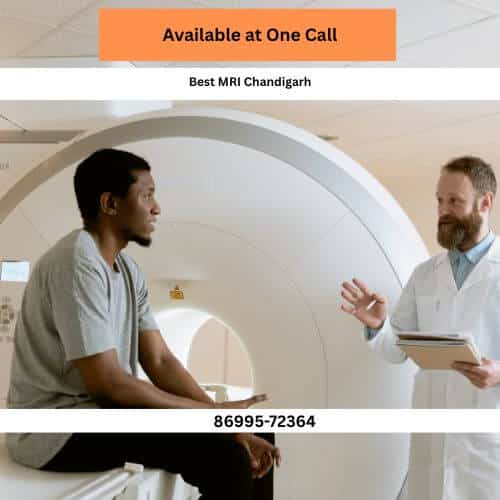
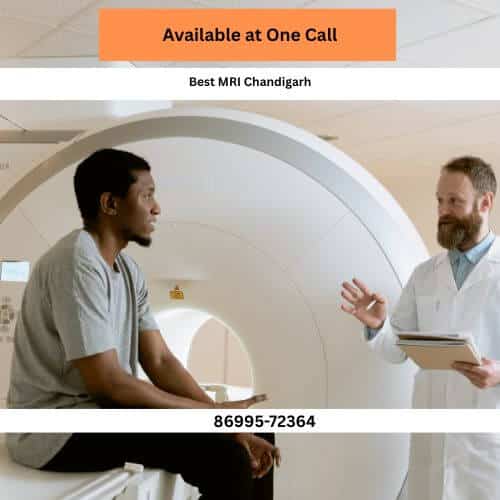

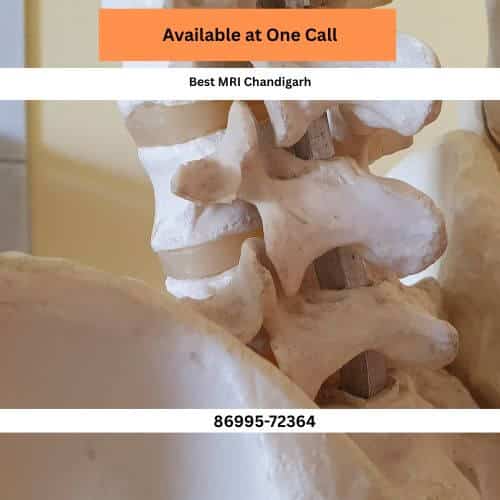


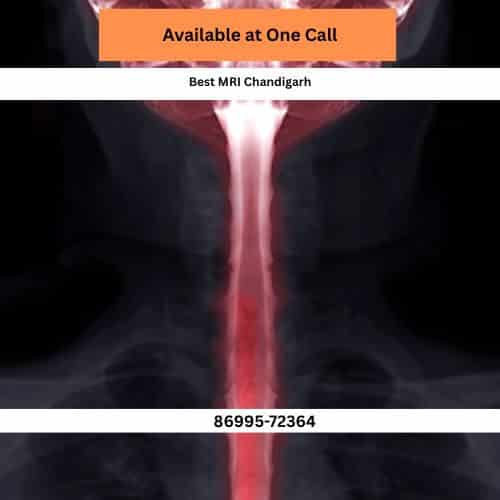


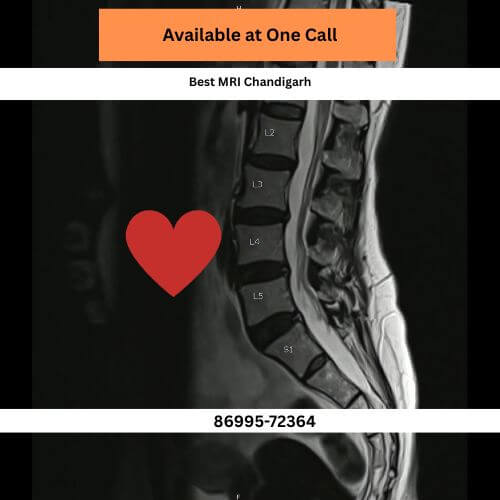

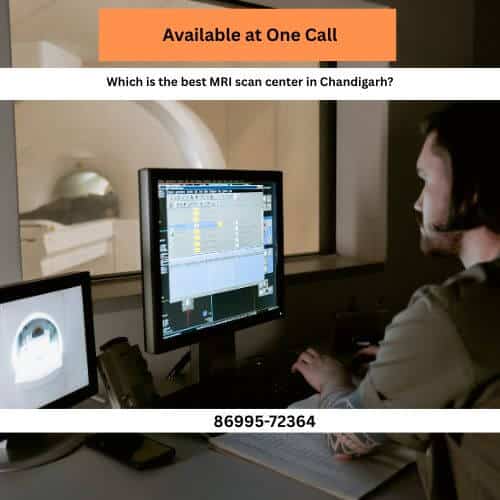
If you’re looking for the “best MRI scan near me within 32.2 km of Chandigarh”, your search is over. Our goal at MRI Chandigarh is to make your diagnostic process easy and stress-free.
To find an MRI centre in your area without paying too much or waiting a long time, simply call, message, or visit our website.
We are pleased to assist patients within a 32.2 km radius around Chandigarh at MRI Chandigarh.
We’ve made sure that high-quality MRI services are always accessible, whether you’re in the city centre (Sector 17 or Sector 22) or one of the neighbouring areas (Mohali, Panchkula, Zirakpur, Kharar, or Dera Bassi).
The cost of an MRI scan in Chandigarh might vary from ₹3000 to ₹12,000. It is contingent on the machine type, body part, and contrast used. Through our partner centres, we provide lower prices.
To schedule an MRI within 32.2 km of Chandigarh, you can contact us via phone, WhatsApp, or visit our website.
Yes, it is advisable, a legitimate medical reference is typically necessary. We can connect you with a licensed physician for consultation if you don’t already have one.
Of course. Depending on what your doctor recommends, we arrange both conventional and contrast-enhanced MRIs.
Don’t worry. We only collaborate with NABH-accredited, quality-assured facilities that uphold patient care and hygiene of the highest standard.
Yes, we offer thorough records and payment receipts that can be used to support government reimbursements or insurance claims.
Generally speaking, yes. We frequently set up same-day or next-day MRI sessions depending on location and necessity.
Instagram: @mrichandigarh
Facebook: 3 Tesla MRI Chandigarh
X (formerly Twitter): @MRIChandigarh
LinkedIn: 3 Tesla MRI Chandigarh
Mail at : [email protected]
Contact : 8699572364
Address: 3 Tesla Mri Scan in Chandigarh
Finally You have Read all This Article, Hope you get Anything Interesting?
Ahmmmmm…. Really have you Cleared All Doubts? I don’t think So……
You can Call for Your Queries at 8699572364. At least Call Once We will Guide You.
If You Find Something less than actual price Specially in medical, Check Twice before you go there.
The facility is clean, the staff is courteous, and the reports are provided in a timely fashion. All in all a great place for MRI scan in Chandigarh.
Staff is friendly I am happy centre is cleaned. Staff care the patient it is very good diagnostic centre
Used their service recently for my brother's MRI in Chandigarh and they had made it very convenient to book the scan and not just that they even told me what prerequisites I needed to take like fasting overnight. Will definitely use their service again.
Tried them for the first time for my MRI scan. Great service over the phone for appointment and from the technician who performed the scan. Got the report the same day by evening. Great experience overall.
I have got three scans done in the last few months at this centre. I recommend MRI Chandigarh to my family and friends for MRI scan if there is a need. For me most importantly the technician are very capable. Also overall not a bad experience at all. I would easily recommend this place to people i know.
3T MRI Scan in Chandigarh - 3T MRI centre is best because the fees of MRI is less as compare to all MRI centre in Chandigarh which is near by PGI. I done my MRI and the report is pretty accurate.
Fantastic experience. Everything is so managed here that you will not face any single problem. Staff members are also very polite. Recommended!
My 3rd PET CT has been done here. Really good services. Most of staff is very caring and polite. If you want to excellent results in same day, this PET CT is good option.
Had really great experience with Mri Scan in Chandigarh. The staff was really cooperative and helped me on my every visit. Doctors are really polite and guided me through. My scan went really smooth. Thank you for the best healthcare.